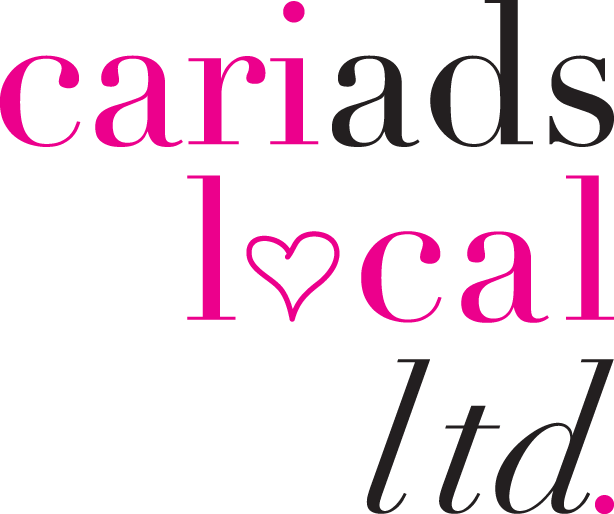Ludlow History: A Medical Pioneer
While the cleric John Wesley (1704–91) is widely known as the founder of Methodism, his pioneering use of electric shock as a treatment for illness is much less so. It was not unusual in this period for the clergy, although without medical training, also to treat the sick poor. Wesley published a treatise in 1759 titled The Desideratum or Electricity Made Plain or Useful, advocating its use for treating a number of ailments including all kinds of pain and muscular spasms but also, more surprisingly, deafness, blindness and leprosy. An early and enthusiastic advocate of electrotherapy was a local doctor, Martin Dunne of Gatley Park. On gaining a medical degree from Oxford in 1770 he set up his practice at his Ludlow house, 36 Broad Street, where he continued until his death in 1814.
Dunne’s surviving papers include accounts of the treatment given to some of his patients with observations on the effects of electrotherapy. The most detailed account concerns Miss Heighway who mainly suffered from severe muscular spasms which rendered parts, or at times all, of her body completely rigid. When conventional bleeding and other treatments were not effective, Dr Dunne suggested trying electric treatment. Miss Heighway describes her first session:“ I was then put to sit on an insulated stool and a piece of flannel applied to each side of my face and sparks drawn through by means of a brass rod. In about five or six minutes the muscles of my face somewhat relaxed”. This treatment continued regularly for nearly 20 years until 1794 when she made an unexpected and no doubt very welcome full recovery!
Electrotherapy did not become well established in England until the early nineteenth century, so Dr Dunne of Ludlow appears to have been one of its earliest practitioners.


